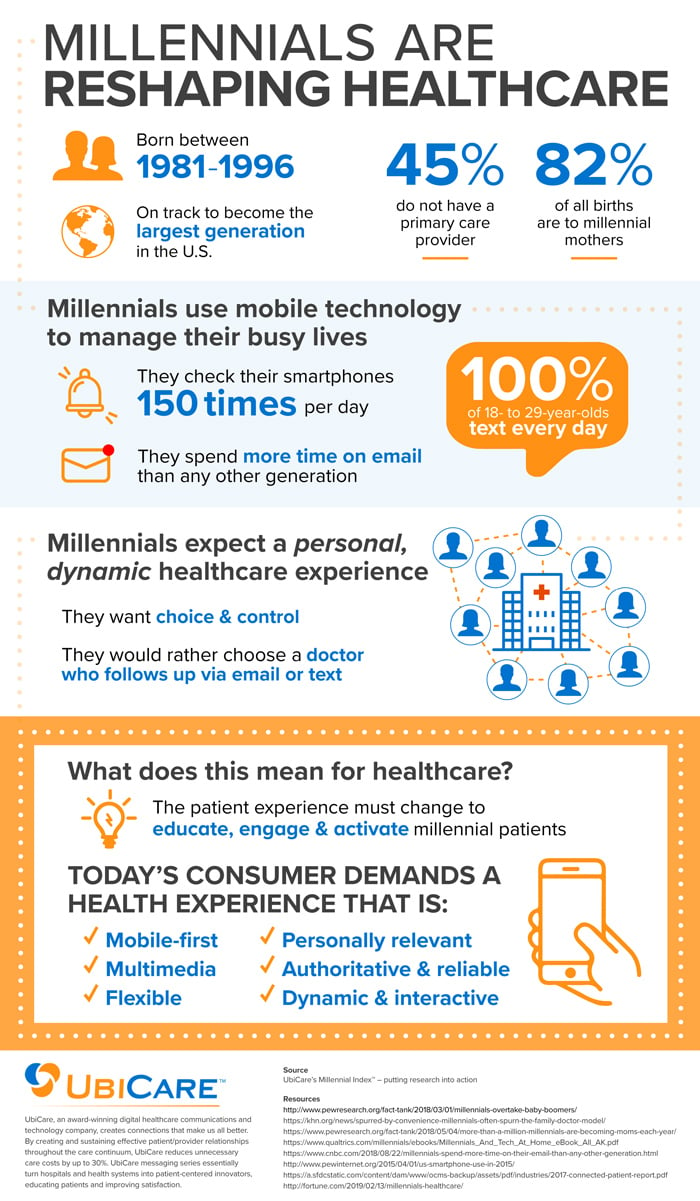According to Leapfrog’s latest maternity care survey of more than 2,000 U.S. hospitals, only 1 in 5 are meeting national standards for lowering the incidence of 3 maternity care interventions—cesarean sections, early elective deliveries and episiotomies. Meeting these national standards means better care and outcomes for patients. It also increases a hospital’s reputation in the community, provides positive data points for expectant mothers researching their choice of hospitals for delivery, and drives down costs for both patients and payers.
Research shows early elective deliveries—performed prior to 39 weeks of gestation and without medical necessity—can result in both short and long term risks to the newborn and mother. An infant born prior to 39 weeks faces a 20% greater risk of significant medical consequences, including problems with breathing, feeding, and regulating body temperature. A baby's lungs, liver and brain go through a crucial period of growth between 37 weeks and 39 weeks of gestation. Early elective deliveries also increase the mother’s risk of postpartum depression, stronger contractions and the need for a cesarean section.
What steps can hospitals take to reduce the frequency of early elective delivery procedures?










